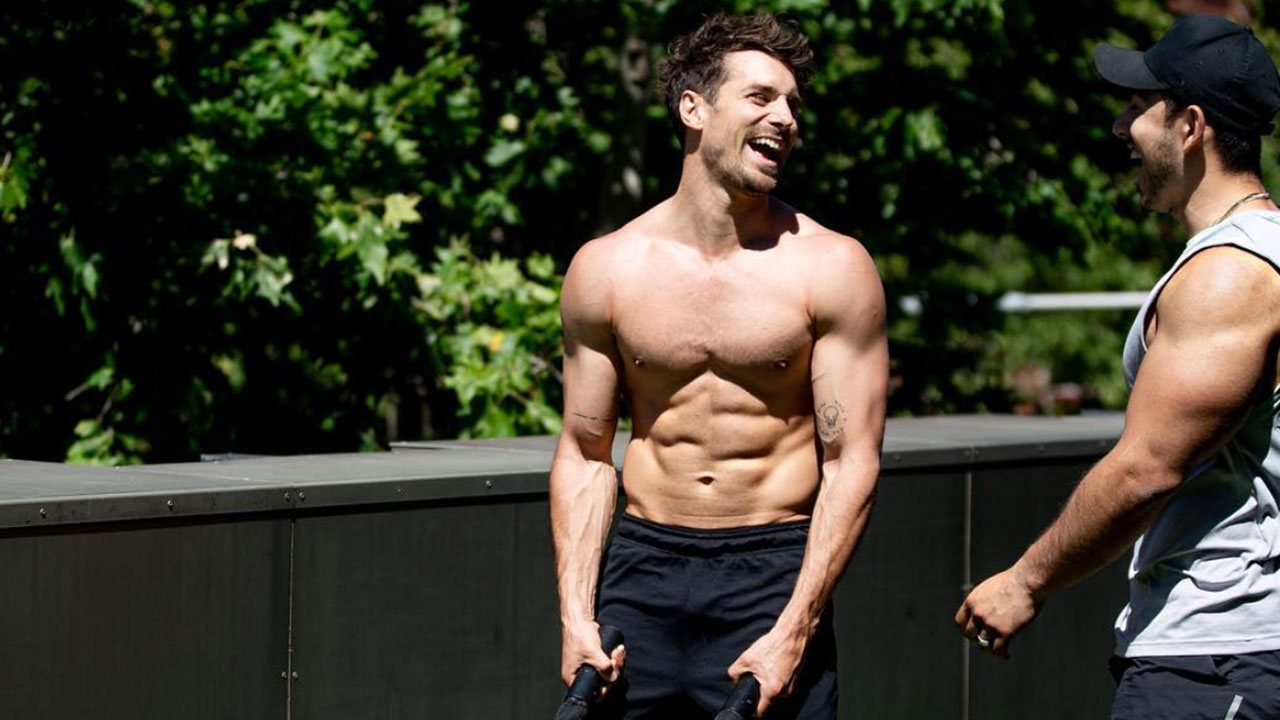Everything

The awareness for ethical eating is gaining popularity and more trainees are turning into vegan and plant-based diets to fuel their workouts. Unfortunately most people who switch away from meat eating do so without much planning.
This often means eliminating animal-based foods from the menu and not paying attention to which foods are ideal to use as substitutes. This can create nutritional deficiencies that negatively affect your body’s muscle building capabilities.
This often shows up as suboptimal training performance and recovery. In other words, you become frustrated with your appalling results.
Here’s how to make sure your vegan diet supports your training. Allowing you to get the best possible results from the time you put in the gym.
Common problems for vegans trying to build muscle
Getting enough protein
Most people think that it’s impossible to eat enough protein for muscle building on a vegan diet. But it is actually much easier and simpler than you might think. As long as you have a general awareness about your eating habits and are willing to do a bit of planning beforehand. This simplicity multiplies if you can cook your meals or have them delivered weekly, instead of improvising each meal on the go.
Planning matters immensely on a vegan diet because if you rely on eating out all the time it can be challenging to get enough protein. Although plant-based eating is becoming more mainstream it’s still common that protein sources are just omitted, rather than substituted for vegan options. This is of course not true if you eat at restaurants that cater specifically for vegans.
High vegan protein sources (per cup)
-
Lentils 18 grams
-
Chickpeas 18 grams
-
Black beans 16 grams
-
Tofu 16 grams (per 200 grams)
-
Oats 13 grams
-
Quinoa 8 grams
If you compare the above quantities of protein to meat sources it might not seems much. But, once you add vegetables, nuts, and other sources of carbohydrates the total number of protein content per meals easily climbs to 30 grams.
One simple trick to increase protein for each meal is to substitute oils for nuts. Instead of adding salad dressing add a handful of pumpkin seeds. That’s roughly 10 grams of protein, and a good dose of healthy fats for those much needed extra calories.
But vegan protein sources are not “complete”
True as it might be this is not an issue when you eat from a variety of different protein sources throughout the day. Your body is smart enough to put two and two together to make it work. Even when one meal doesn’t have all the necessary amino acids.
Is soy bad for you?
The answer is beyond of just “yes” or “no”. It depends on the type of soy product and the individual who’s digesting it. If you are worried about the soy lowering your testosterone levels, the science is inconclusive when soy is eaten in moderation (1-2 serves per day).
Getting enough calories while eating a healthy vegan diet
Still, aim for 6-8 serves of vegetables per day. They’ll provide the much needed nutrient and minerals for optimal health and muscle building.
You might also try juicing some of your vegetables to aid digestions. And when you absolutely need a convenient, but healthy way of getting extra calories, you could resort to a super shake. All you need is a blender:
Plant-powered high calorie super smoothie
-
2 scoops of vegan chocolate or vanilla protein powder (Prana and Sunwarrior are some reputable brands)
-
2 tablespoons of peanut butter
-
1 banana
-
1 handful of berries
-
2 handfuls of fresh or frozen spinach (for vitamins and minerals without being too filling. It will turn the smoothie green but won’t affect the flavour)
-
Water and ice for the desired consistency
-
Blend on high until smooth
This is approx. calories according to MyFitnessPal: 794 (Pro: 79g, Cho: 69g, Fat: 26g)
Supplements for vegans
Vitamin B12
A healthy, plant-based vegan diet executed with thought and planning can cover most of your nutrient needs. The only vitamin you can not get from a vegan diet is B12 as it is only found in animal products. So if you are on a vegan diet you will need to supplement with B12.
Adequate vitamin B12 intake is crucial for optimal health. It helps nerve cell function, mental ability and red blood cell formation. It also aids breaking down of fatty acids and amino acids to produce energy.
Talk to your general practitioner who can recommend the correct dosage for your situation.
Protein powders
If you believe that you are not hitting your protein target for the day it might be beneficial to make a shake or a smoothie with a scoop of vegan protein powder. Such as the super shake from above.
But, before you resort to protein powder track your results to see whether supplementing with protein powder is truly needed.
Creatine
Athletes, regardless of the diet, often supplement with creatine to increase power output and lean muscle mass. Creatine is a one of the most researched supplements and is proven to provide a variety of health benefits.
Since creatine is mostly found in animal products the muscle creatine levels are known to be lower in vegans and those following plant-based diet. (4) Examine.com considers creatine supplementation safe, healthy and cheap. They recommend taking 5 grams of creatine monohydrate daily. Especially for those involved in strength training or sprinting.
Just check that the creatine monohydrate you buy is vegan friendly.
You can follow ICON’s fitness expert, Jono Castanoacero on Instagram @jonocastanoacero